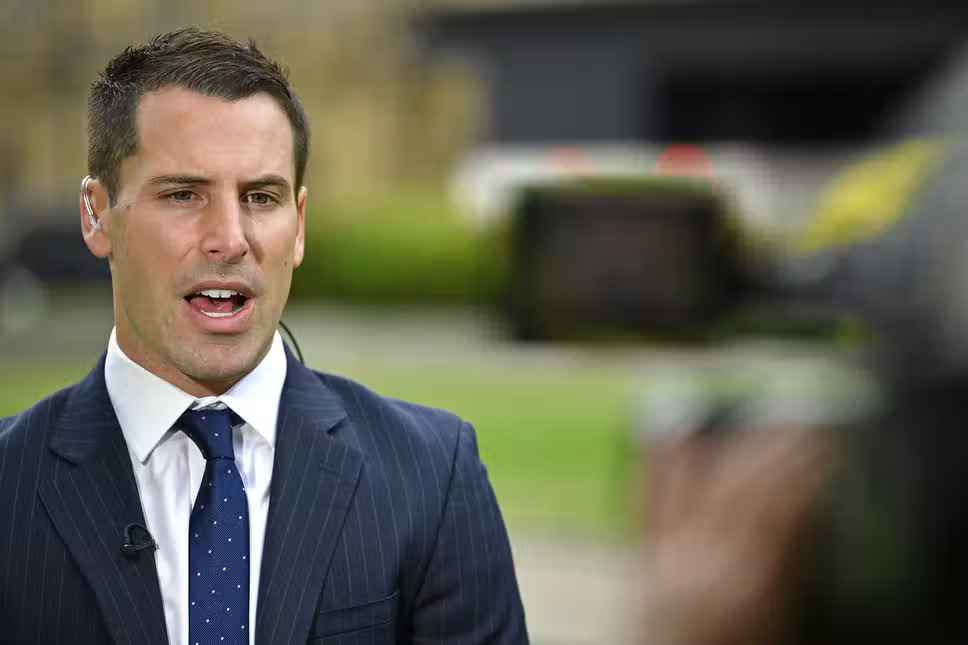On April 6, 2023, The Times published an explosive report that detailed how a conservative member of parliament (MP) offered to lobby ministers on behalf of betting industry investors. Scott Benton, the MP for Blackpool South, was promptly stripped of the whip. The scandal raises new questions about MPs’ taking second jobs.
While MPs should have the freedom, like every other person, to use betting sites or take advantage of bonuses on UK Casino, they should not be allowed to use their parliamentary access to enrich themselves like Benton tried to do.
Table of Contents
Recent History of Parliamentary Abuses for Second Jobs
UK MPs earn £84,144 annually, which is good pay compared to regular working people in Britain. Nevertheless, some MPs abuse their parliamentary privileges in favour of second jobs. Here are a few prominent cases of second job scandals in recent years:
Owen Patterson
In November 2021, Owen Paterson, MP for North Shropshire, resigned from office. He was facing a 30-day suspension from the House of Commons after the parliamentary commissioner for standards found him to have broken parliament’s lobbying rules.
Specifically, the watchdog found the former MP to have lobbied the government multiple times on behalf of two companies paying him more than £100,000 a year. At the time of Paterson’s resignation, he maintained his innocence, but the standards watchdog found that he failed to disclose interests.
Matt Hancock and KwasiKwarteng
In March 2023, former Cabinet members Matt Hancock and KwasiKwarteng were reported to have fallen for a sting operation set up by Led By Donkeys, a campaign group. Both MPs asked for £10,000 daily to advise a non-existent firm in South Korea.
After the group exposed the videos of the “interviews”, the lawmakers said they acted within the rules.
The rules on Second Jobs are the problem
Following the Patterson scandal in 2021, then Prime Minister Boris Johnson introduced an amendment seeking investigation and punishment for MPs who prioritise outside paid jobs over serving their constituents. However, critics of the amendment said it contains nothing about how to determine if an MP was spending more time doing another job.
Frankly, the amendment, which the parliament passed in November 2021, was equivalent to inaction. Mark Fletcher, a Tory MP on the standards committee, said it was “far from clear” how to decide whether an outside was “within reasonable limits.”
Scott Benton’s scandal calls for more decisive action
When Benton met undercover reporters from The Times posing as employees of a fake gambling company, the MP suggested that he would be happy to receive up to £4,000 a month to help the fake firm.
While the lawmaker did not eventually accept any financial payment, he was open to breaking parliamentary rules and leaking the government’s gambling review before it became public. This blatant abuse of parliamentary privilege has been made possible because of lax rules guiding MPs’ conduct.
To be clear, being an MP is a full-time job that requires complete focus without the distraction of second jobs. However, the government’s inaction has made it difficult for most constituents to enjoy full representation.
In January 2023, Chris Bryant, chair of the Commons standards committee, said the government’s sluggishness even to enact “simple recommendations” to reduce lobbying in parliament “irritated” him.
In an interview with the Observer, Bryant admitted that the rules on second jobs are not tight enough at the moment, thus encouraging constant violations.
“The standards committee completed its report months ago. We want to tighten the rules on second jobs to put an end to MPs acting as paid political consultants or strategists,” he said.
While the standards commissioner is investigating Benton for potential violations of rules, it’s important to expand the rules and make sanctions tougher for MPs breaking the rules.
Taxpayers send MPs to the Palace of Westminster to represent their (constituents’) interests. They pay lawmakers for that one job.
Certainly, constituents do not pay their representatives to use parliamentary privilege to make themselves richer. Not only do outside jobs encourage corruption, but they also distract MPs from concentrating on the work they are elected to do.
It’s high time the government checked this corrupt system. Parliament must take decisive actions to ensure that MPs are no longer allowed to enrich themselves with second jobs at the expense of taxpayers/constituents. Inaction is no longer an option.

